This Month, the Creative Industries Fund NL and the Prince Claus Fund announced the 12 recipients of the Building Beyond mentorship programme. A program which aims to foster thought leadership, promote criticality, reframe design-based practices, and contribute to an ongoing conversation on how creative practices rooted in locality and community can lead to new perspectives and promote transformative urban agendas.
The 12 selected artists come from 9 countries and work in a wide range of design fields including architecture, urbanism, digital design, visual arts, photography, research and performance. These artists and designers will work on projects that re-imagine the future of public space, community and functionality in their own structure.
During their mentorship programme, they will be guided by four mentors who are experts in architecture, art and design. Artist, architect, critical space practitioner from Sudan, Ola Hassanain; architect, anthropologist and tech entrepreneur from Togo, Khensani Jurczok-de Klerk; curator and cultural practitioner from Morocco Hicham Bouzid and co-founder of WOROFILA, a collective of architects and engineers from Senegal and Cameroon, Nzinga Mboup.
Neece Nonso
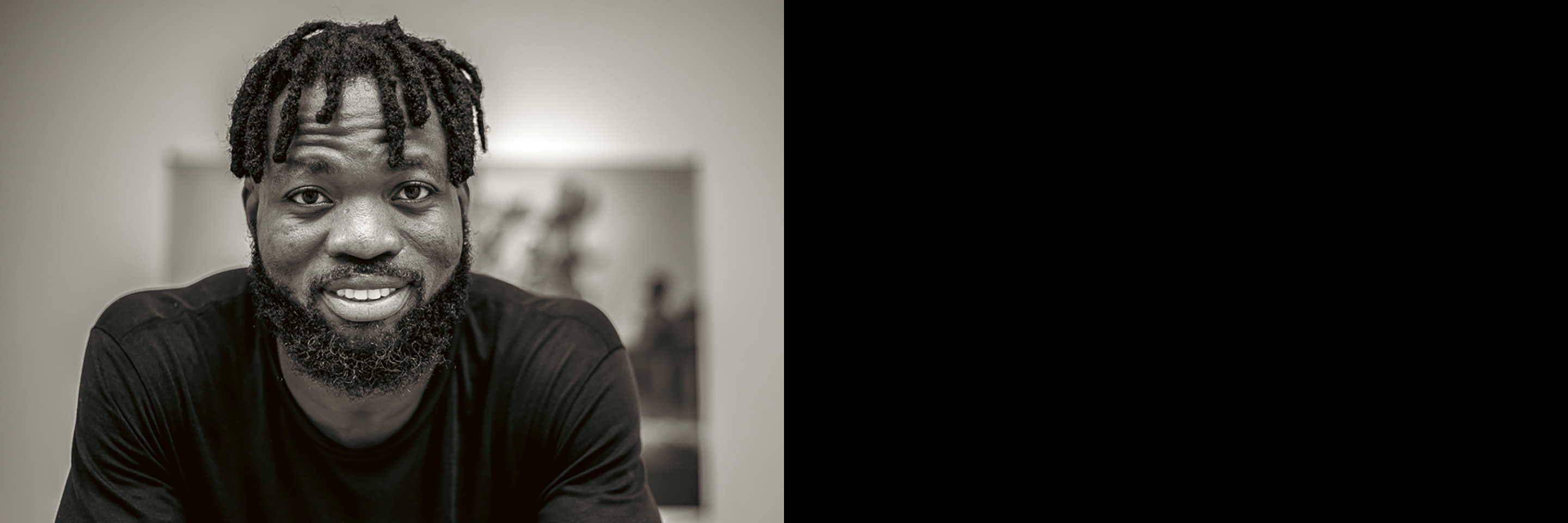
Neec Nonso is a visual artist working in photography, performance and augmented reality. His work covers a range of styles, from documentary to posed. He is driven by a desire to catalyze critical conversations and evoke emotions in his audiences. In 2018, he established Aguleri Stories, a project aimed at sharing first-hand accounts of the igbo community of Aguleri. In 2022, he was a finalist for the Artx Prize and the runner-up in the 10th edition of the Vantage Point Sharjah Photography Award. Nonso is also a member of the 1884 photo collective and the Africa photo-journalism database.
Olufemi Hinson Yovo
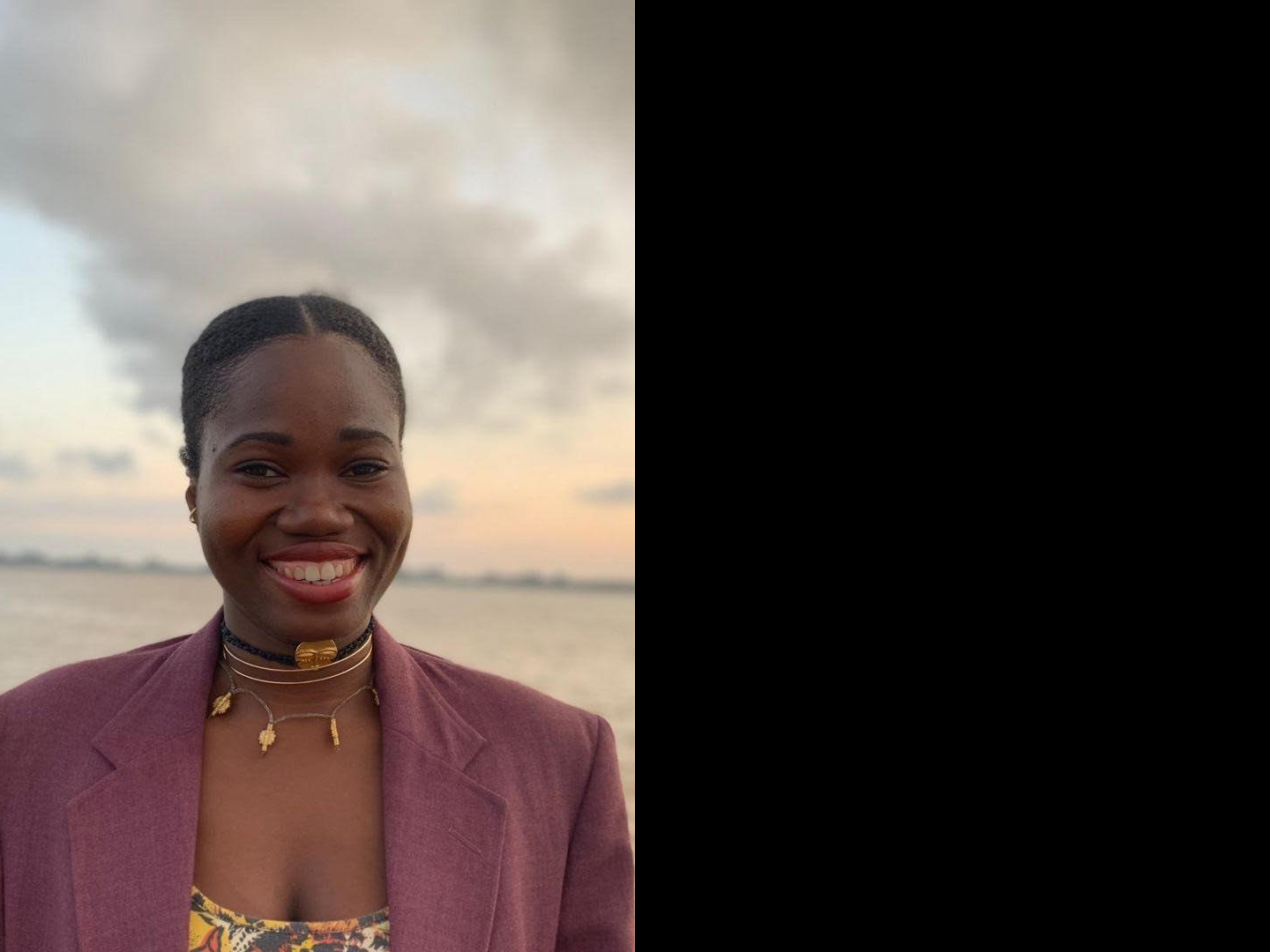
Olufemi Hinson Yovo is trained as an architect and artist. After studying a Bachelor of Architecture and an MA in Fine Arts, in the UK, she received her Masters in Architecture, DESA in Ecole Speciale Paris. She has worked in Benin under a renowned firm based in Abidjan where she oversaw Benin’s leading construction project of 20.000 housings. In 2021 she opened a polymath, research-based studio in Cotonou, SAH STUDIO, which develops ideas and projects that explore their local context with a focus on decolonising architecture whilst drawing upon urbanism, architecture, furniture, textile designs, and art installations. She has participated in the 14th Venice Biennale, exhibited at the African Mobilities in Munich, and has been featured at the African Future Institute in Accra.
Rania Atef
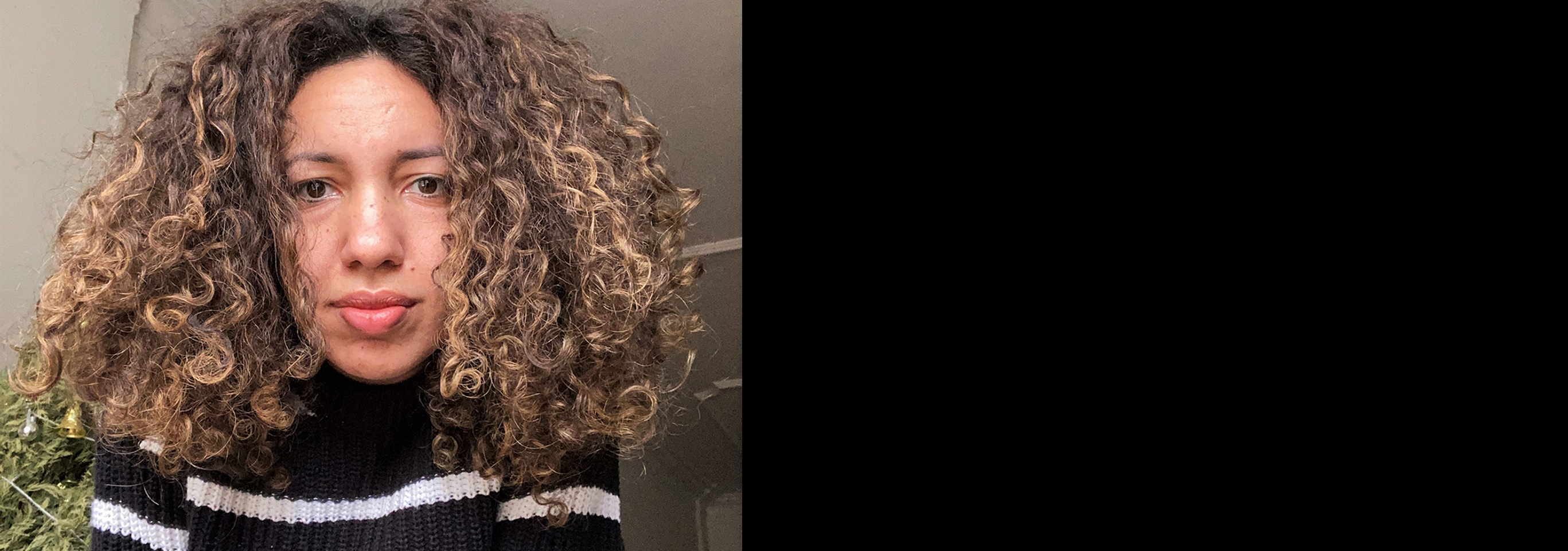
Rania Atef is a visual artist and researcher from Cairo, Egypt. She holds a BA degree in Applied Arts (Egypt), enrolled in TASAWAR curatorial studies (Tunis) and attended MASS Alexandria program 2018/19 (Egypt). Rania is part of the K-OH-llective artist group. Lately, she has exhibited her work at Archive of Forgetfulness Goethe Institute, South Africa (2021), Hotel Beethoven at BOZAR centre of Fine Arts, Belgium (2020) and Artist At Work exhibition, Palestine (2020). She is interested in maternal and reproductive labour engaging with infrastructures of social and cultural institutions and focusing on motherhood, the act of care as invisible action, its value and documentation. She hopes to expand her research and artistic practice in this direction in the future.
Sara Fakhry Ismail
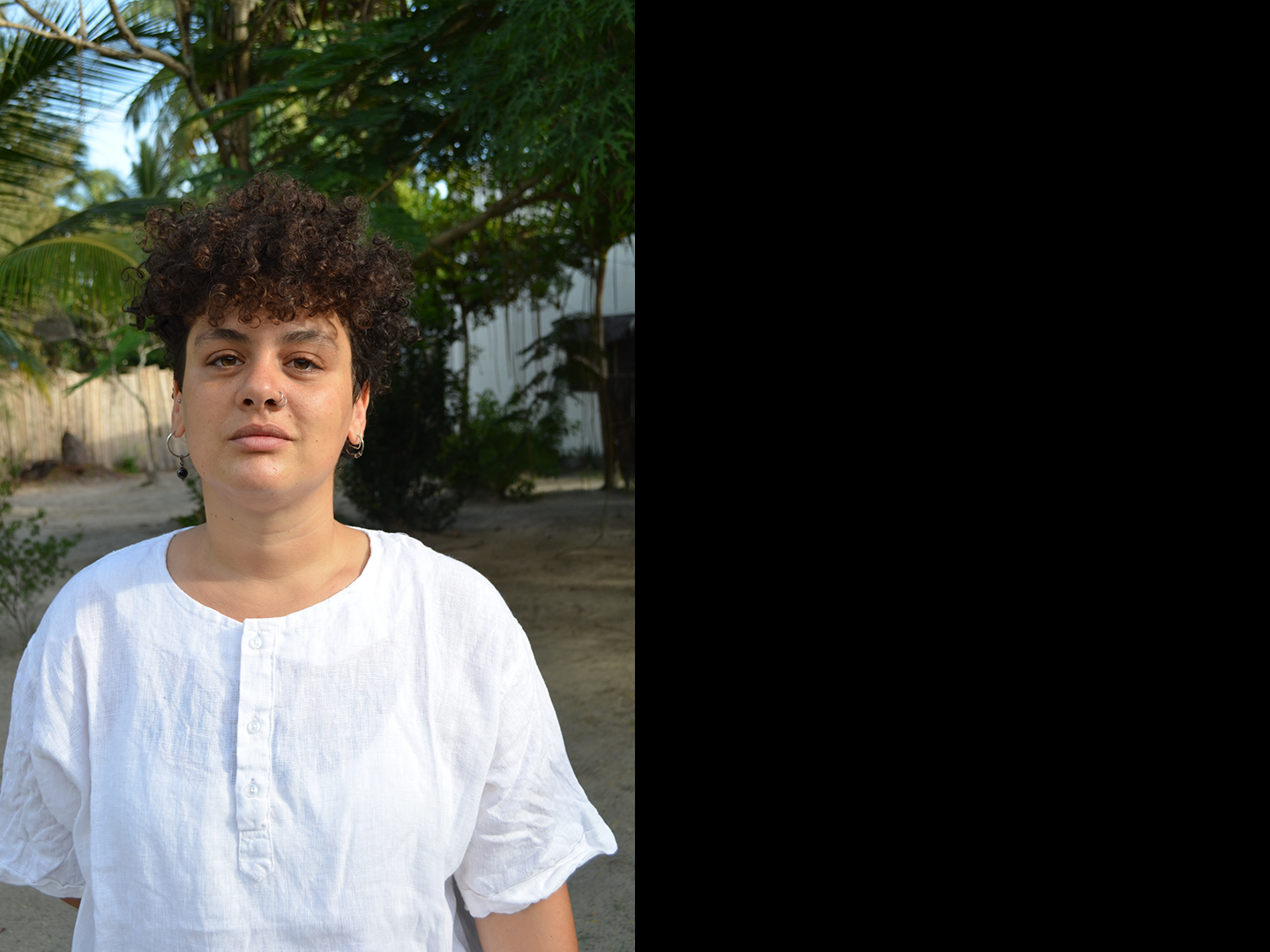
Sara Fakhry Ismail is a Cairo-based visual artist, performance maker, and somatics practitioner. Their work negotiates relationships between bodily space and spatial and social realities, focusing on emotion and sensation as tangible information. Through their work, Sara aims to find and create possible assemblages and interplay between fact and fiction by playing with attention and imagination, and creating spaces of contemplation and rest. Working across mediums using primarily movement, image and text Sara invites audiences to participate in acts of listening and tending to oneself, another and the beyond-human. Their most recent works are in live performance, public interventions, video installation and artist publications, as well as social, discursive formats. Sara presented work in various locations and contexts, some of which are various public spaces and Contemporary Image Collective in Cairo, Cittadellarte Fondazione Pistoletto Onlus in Biella, Camden People’s Theatre, and Dance Research Studio in London.
Chidumaga Uzoma Orji
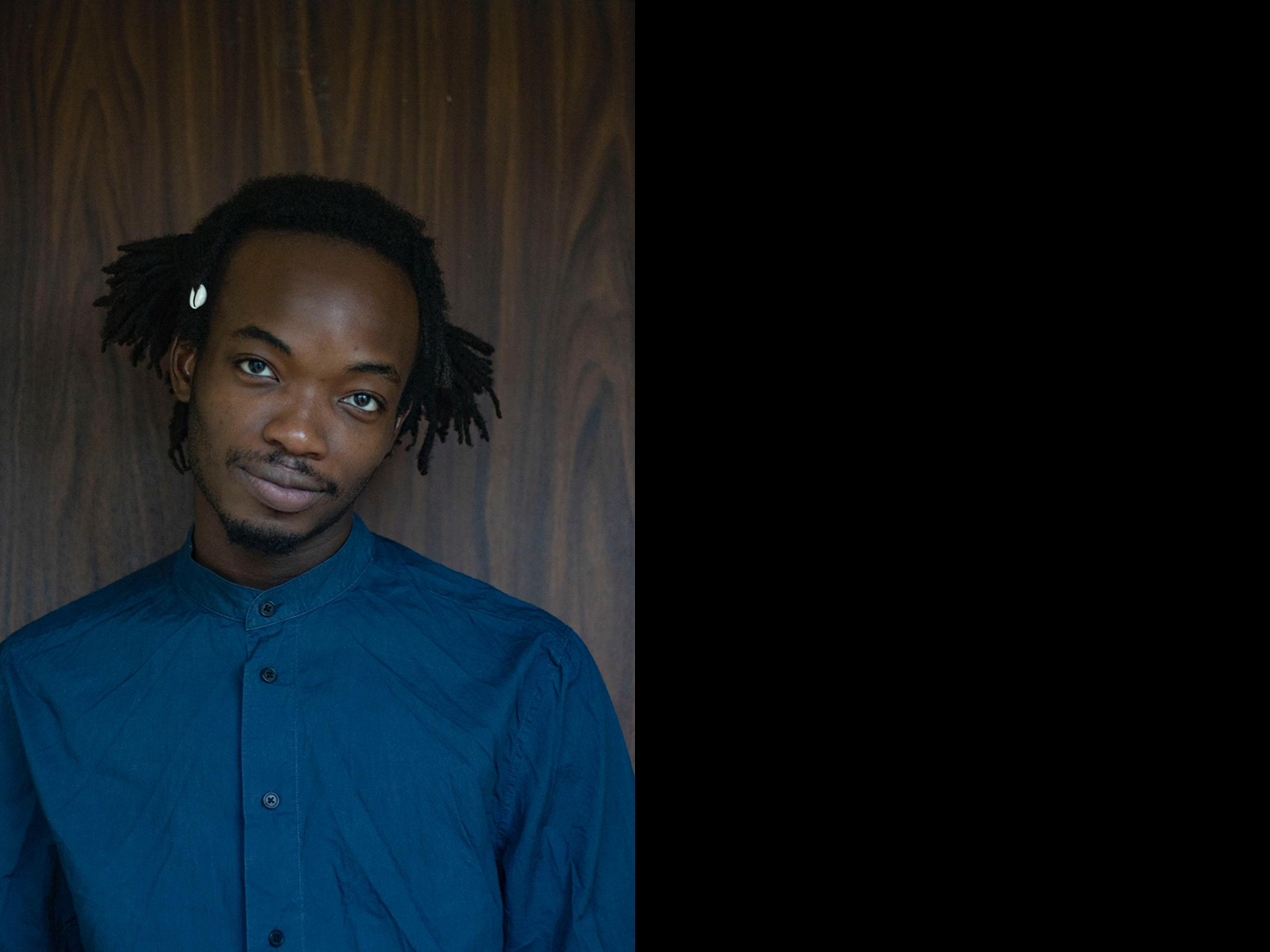
Chidumaga Uzoma Orji is a creative technologist and visual artist born and based in Nigeria. He has exhibited his work at Here, There, Everywhere, Format Festival (2021), CultureHub ReFest (2020) and Lagos Photo Festival (2019). With his work, hes interested in observing and creating representations of society and of history as visual metaphors that unpack the millennial Igbo Nigerian cultural context and explore post-colonial crises of identity by exploring how digital technologies can be used as tools to access ancestral truths in the present day.
Wezile Harmans
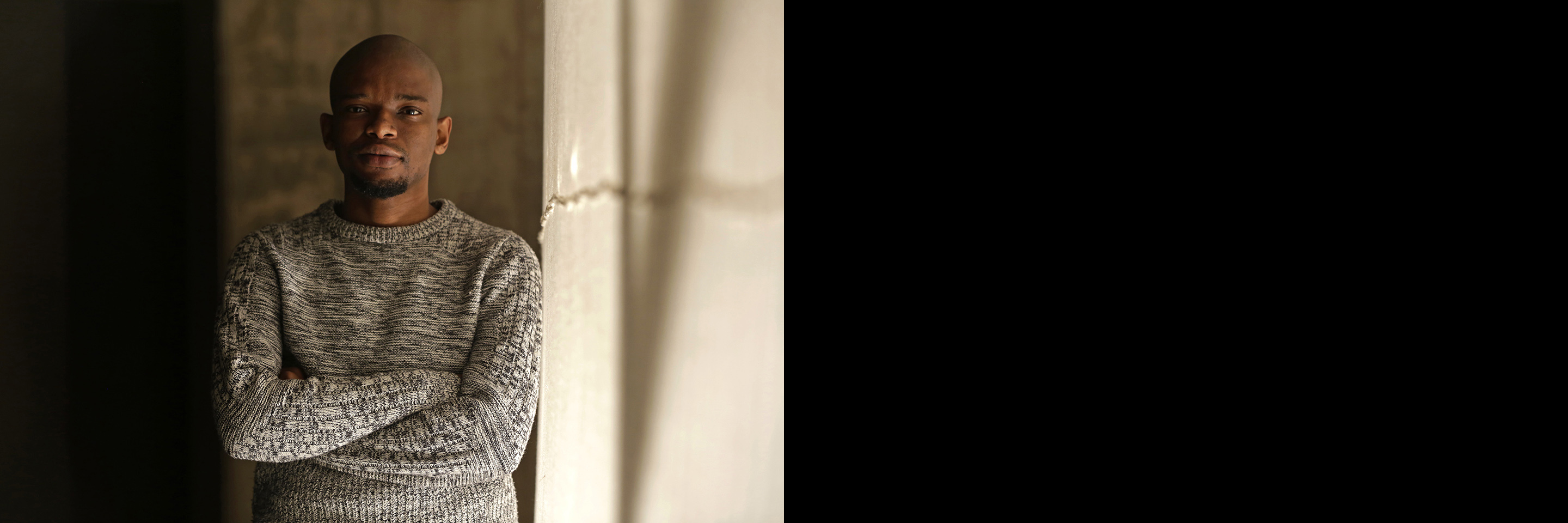
Wezile Harmans is a visual art practitioner whose interdisciplinary practice encompasses performance, video, installation, and mixed-media artworks as a tool for social change. His work confronts prejudices and advocates against social inequality, creating a platform for critical self-reflexivity within unwelcoming spaces. Wezile’s work is influenced by how things have come to existence, as well as motivations behind certain movements, reactions, human behaviors and mostly how these become symbols. In his practice, he uses the theory of defamiliarization as an alternative way to create further conversations.
Jepkorir Rose
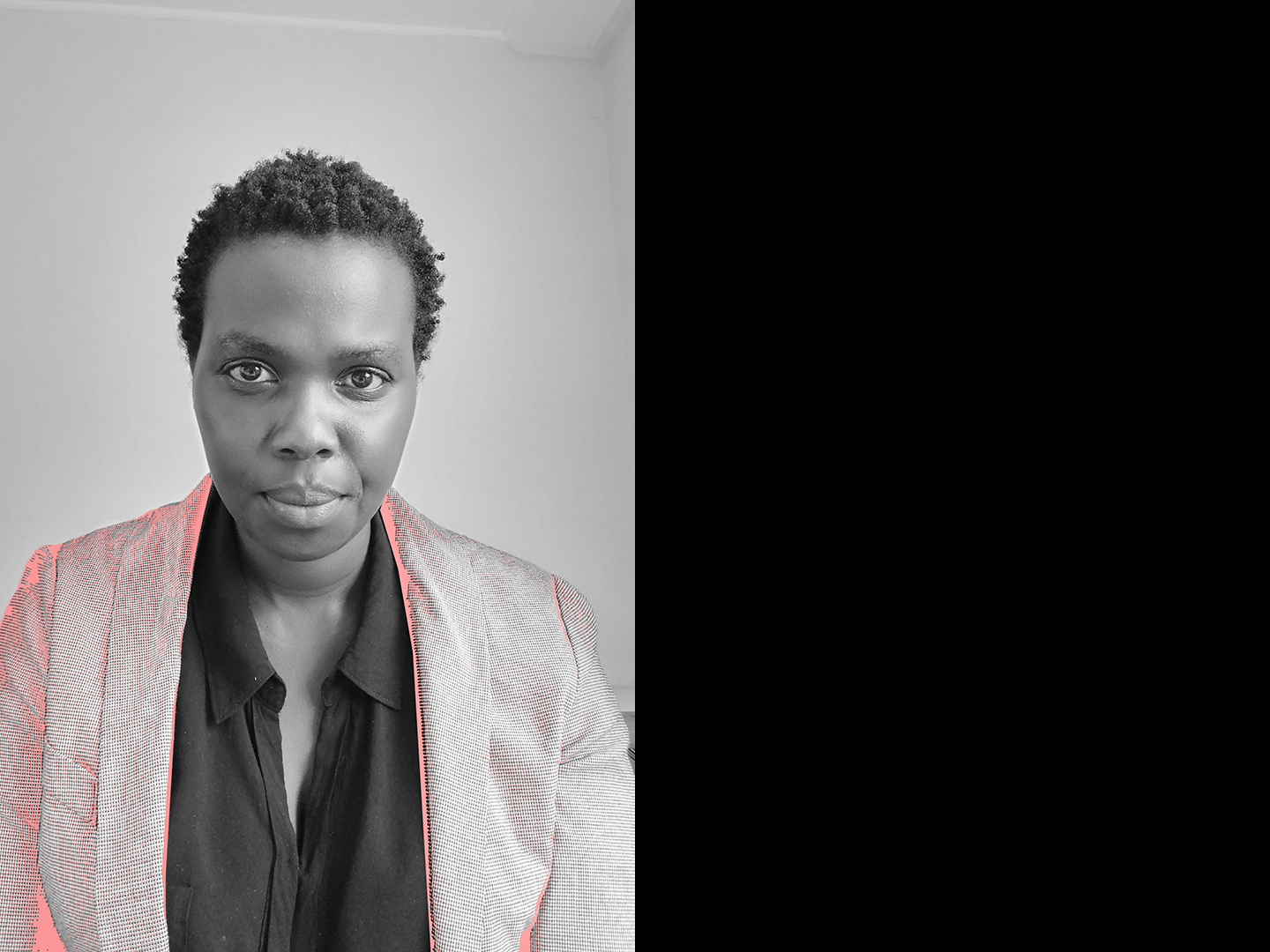
Jepkorir Rose is a curator based in Nairobi, Kenya. Alongside artists and affiliating practices, she works to create opportunities/spaces for artists to encounter each other in areas of interest. Selected work include; A Seat at a Table (2019), Burden of Memory: Considering German Colonial History in Africa (Yaounde, 2019), From Here to When (2019), Wanakuboeka Feelharmonic (2018), and Naijographia: A play on traveling time and place (2017).
Mika’il, the Muezzin
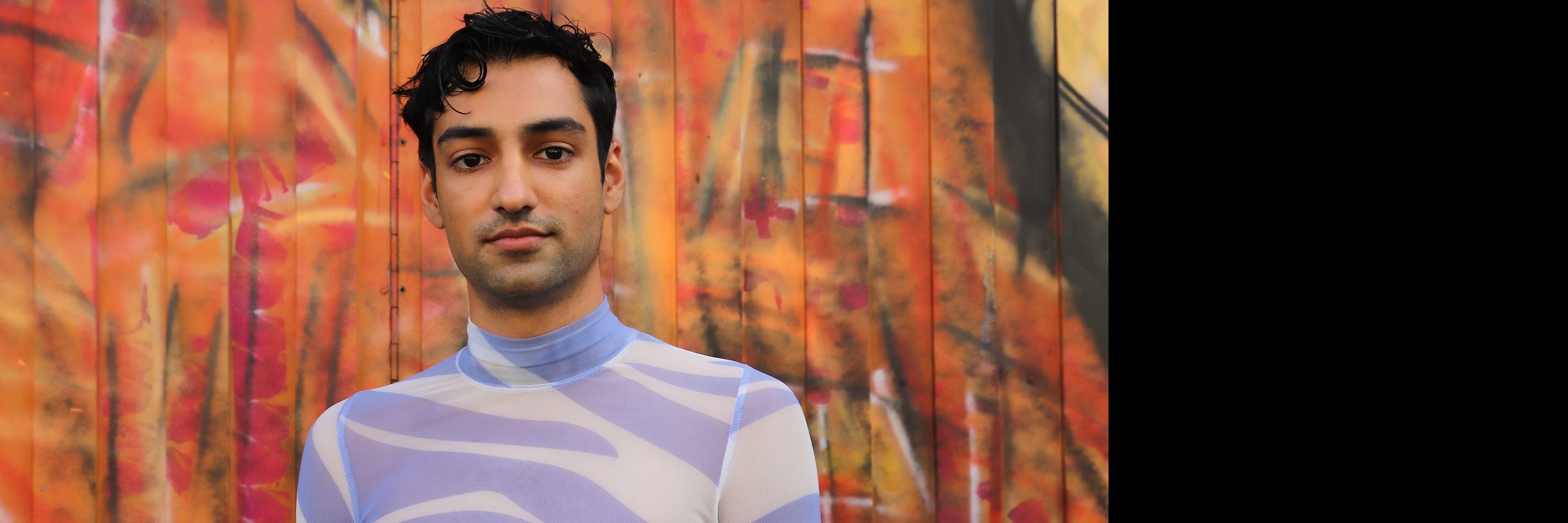
Mika’il, the Muezzin is a storyteller, translator and social sculptor based in South Africa. His work centers around spatial storytelling and design for social impact and he aims to listen, unearth stories, and be a catalyst for translating user-experiences into spatial outcomes. Mika’il’s practice is focused on intersectionality and the outcomes of his work lies at the confluence of space making, gender, sexual & ethnic identity and social justice. His design practice fluently blends the modalities of architecture, urbanism, storytelling, film, graphic and exhibition design and research.
Helen Zeru
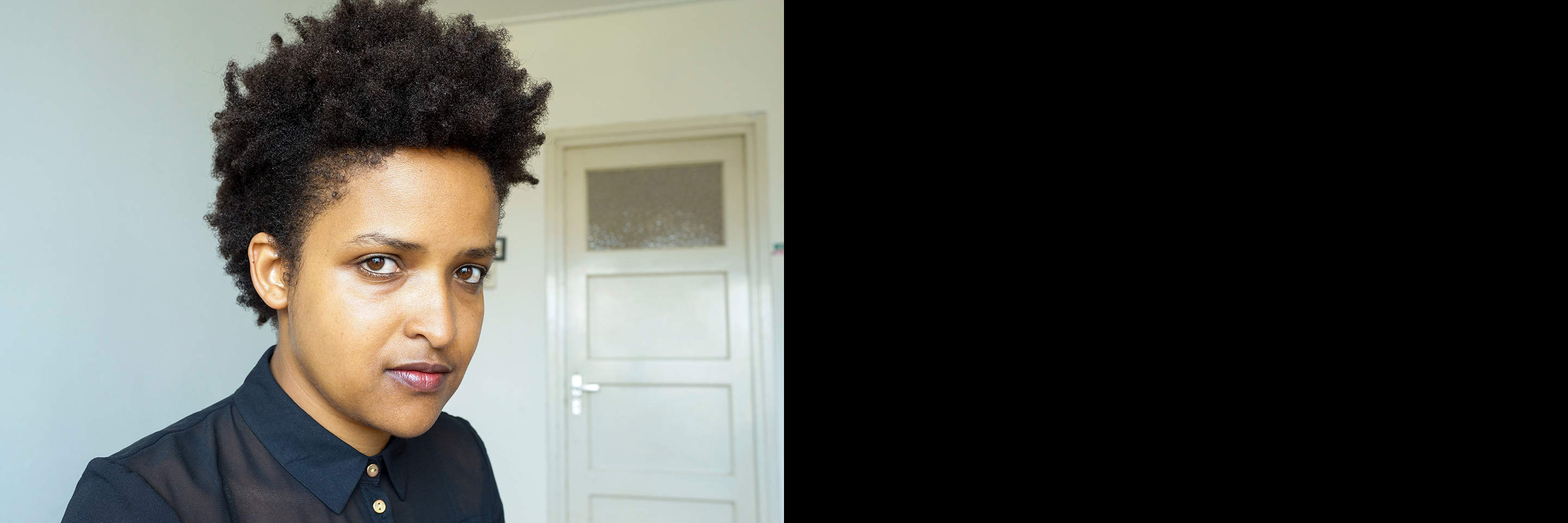
Helen Zeru lives and works in Addis Ababa, Ethiopia. She received a Master of Arts (Art Praxis) from the Dutch Art Institute in 2017 and Bachelor of Fine Art from the Alle school of Arts and Design in 2008. She has a background in printmaking, drawing, photography, performance, and video work. Her work emphasizes issues of centering marginalised societies in Ethiopia, creating new narratives, and providing ways to tell their own stories as people living and experiencing the current economic crises, political conflicts, societal disintegration, care, and solidarity in society. Her work has been exhibited nationally and internationally in such institutions, as Modern Art Museum Addis Ababa 2020 or Ecologies of Darkness, Saavy Contemporary, Berlin 2019.
Blqees Zuhair
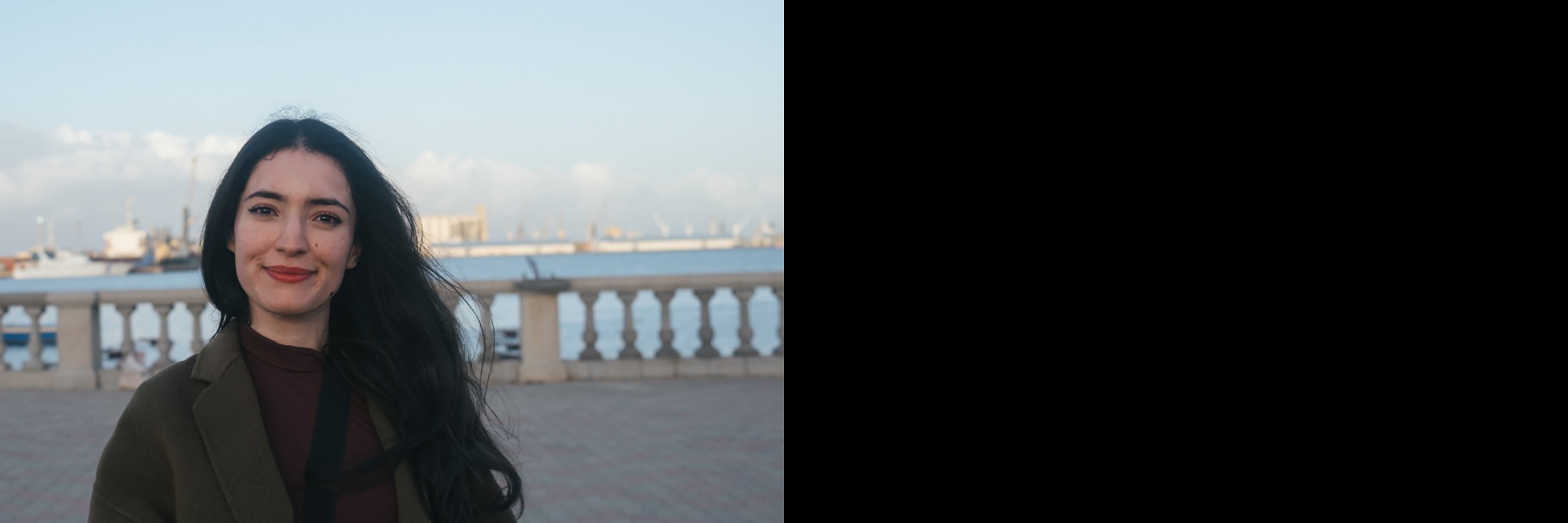
Blqees Zuhair is an architect and curator based in Libya. Her work combines architectural methods with photography and built heritage to investigate how space and sociality are formed and influenced by the surrounding regional contexts. She explores representational tools of past narratives and connects historical archives and site field research with contemporary cultural practices in order to investigate local history. In 2018, Blqees received her Bachelor in Architecture from ARCHIP (Architectural Institute in Prague), and since then she has worked in professional architectural practice and pursued independent research projects. Lately, during her residency at the Delfina Foundation in London, she developed The Shore is the Land, a project that seeks to consider migration histories and seafaring from the perspective situated within the Libyan land.
Arafa C. Hamadi
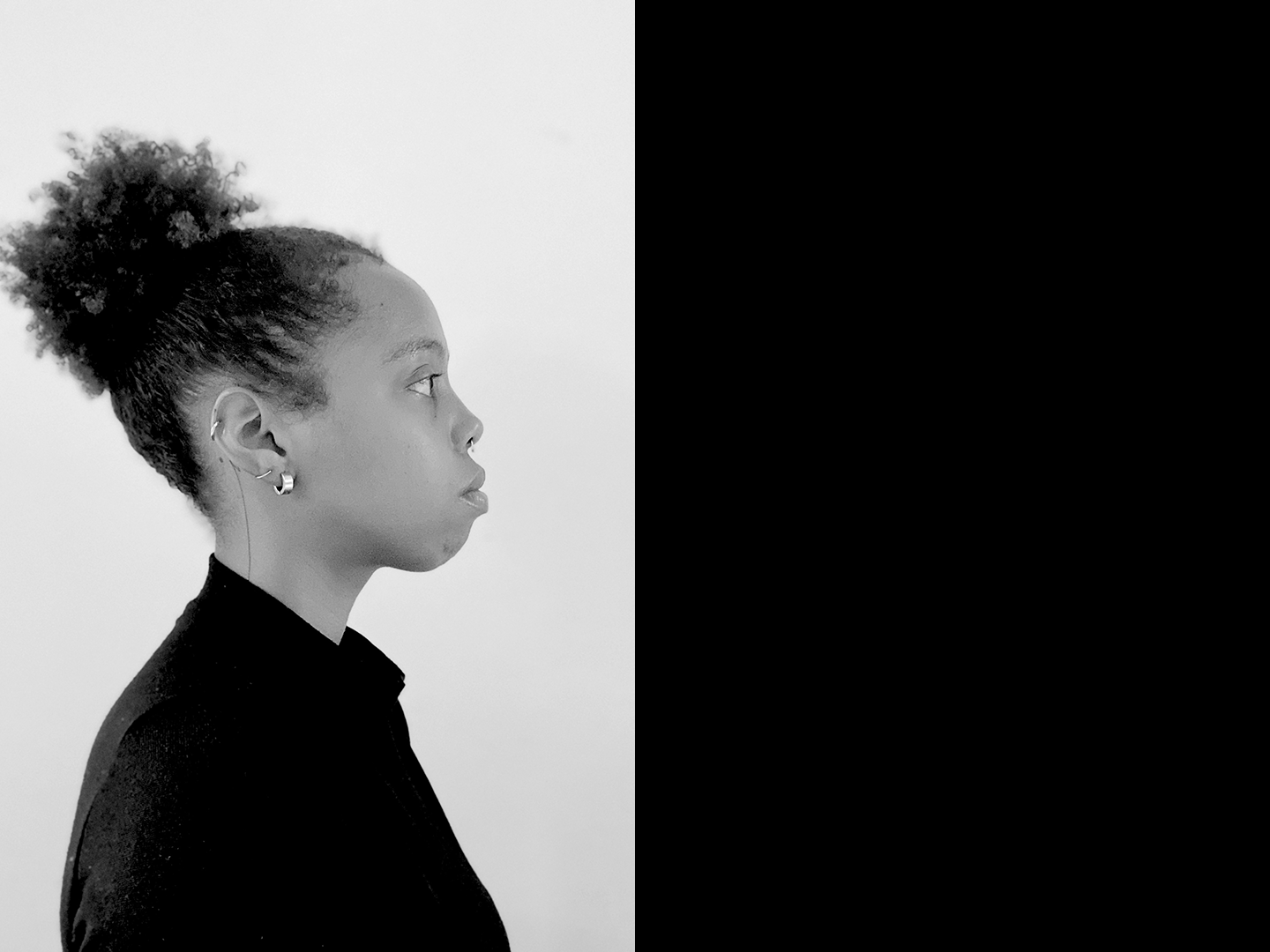
Arafa C. Hamadi is a multidisciplinary artist working in Tanzania and Kenya. They create both physical and digital work, aiming to create fully immersive spaces that explore their queerness in relation to space – focusing on joy and tangible ways of connecting their community. They have been part of the ICA Fellowship 2020, the Digital Arts Residency at Nafasi Art-Space 2021, the New Dimensions Lab by Electric South 2022, and the Pro-Helvetica Residency 2022. They recently co-curated the UMOJA Residency 2022 and were a featured stage and installation artist at the Beneath the Baobabs Festival 2023.
Ana Raquel Machava
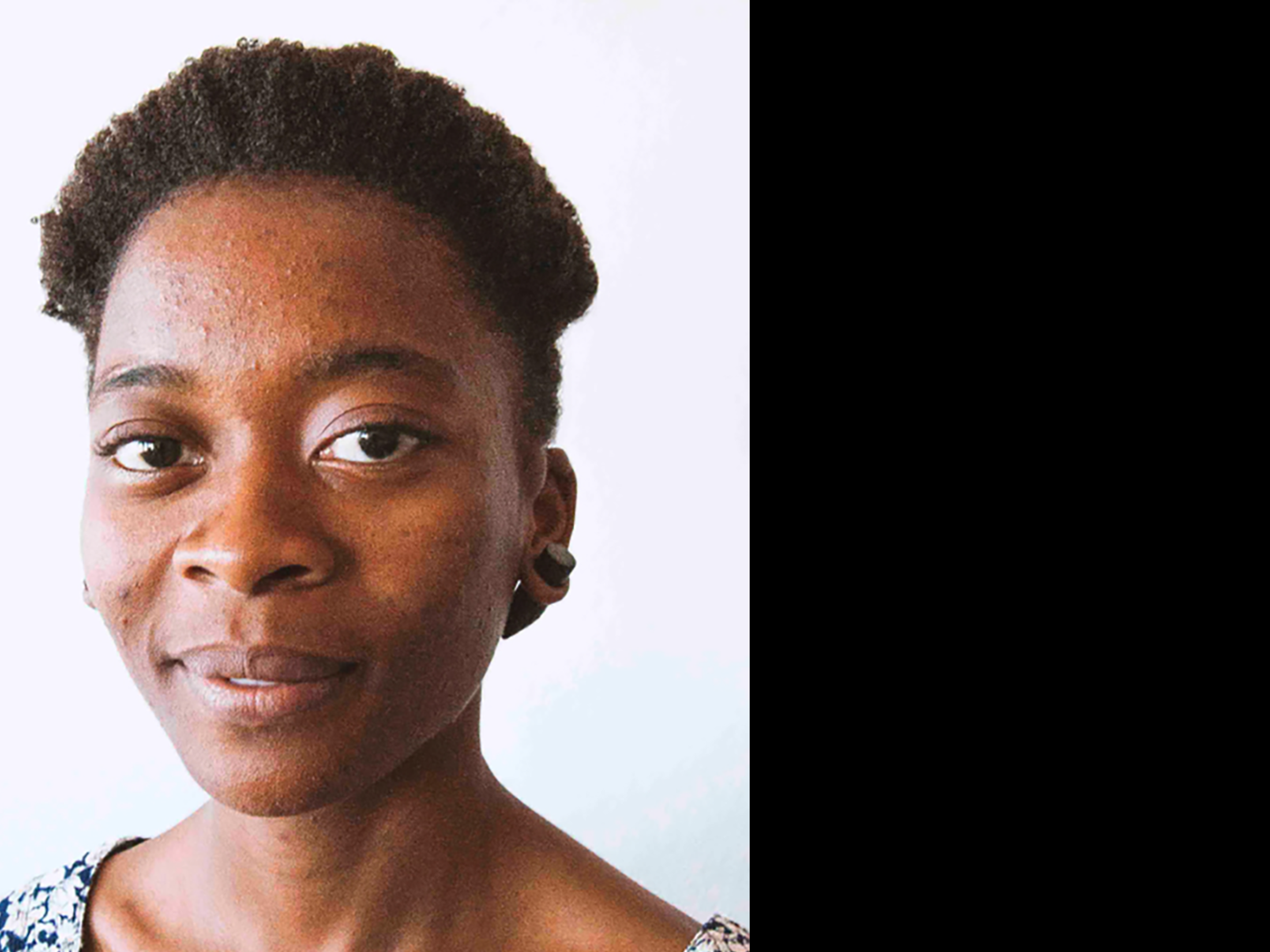
Ana Raquel Machava is an architect and urbanist with a special interest in urban interventions that bring together the youth and the arts in the production of knowledge. Their works include: interventions in alternative and abandoned public spaces, exploring themes such as informality, improvisation, and experimentation, creating spaces for spontaneous encounters as an alternative way of consolidating youth-led artistic movements, and using the city as a stage. This occupation of public spaces creates an opportunity to affect society by inviting citizens to question their relationship with urban spaces and inspiring actions that open doors to a more fair, democratic, autonomous, and dynamic future.
About The Prince Claus Fund
Established on 6 September 1996 as a tribute to HRH Prince Claus’s dedication to culture and his belief in its role in the development of all societies, The Prince Claus Fund has more than 25 years of experience in supporting cultural and artistic initiatives in challenging circumstances. The Fund’s mission is to support, connect and celebrate cultural practitioners in Africa, Asia, Latin America, the Caribbean and Eastern Europe, especialy in places where culture is under pressure. Since its founding, the Fund has been a successful establishment and liasion in the arts and cultural sector, creating opportunities for connection and exchange, stimulated cultural expression and preserved cultural heritage in a variety of ways.


